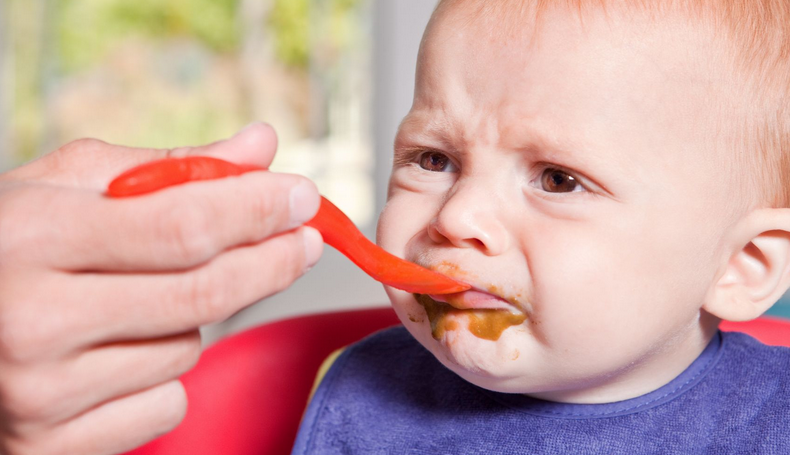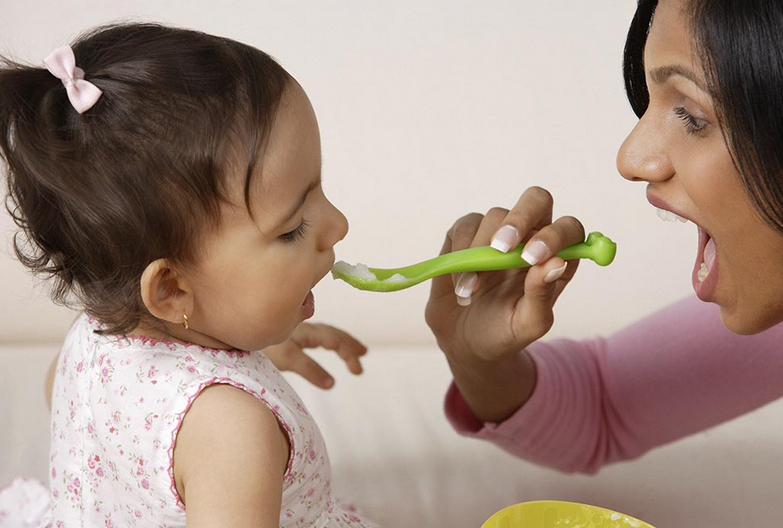In order to prevent diseases from affecting your child, you need to avoid feeding him or her certain types of food. Many of these foods contain high amounts of sodium or mercury. These foods are also unhealthy for the growing body. Besides, they also contain high amounts of animal fat and sodium.
Your baby just hit a major milestone. The time has come to start feeding your baby solid foods. You have a big decision to make, as there are so many options. What do you feed her? And when? While each of us might like something different, there are some foods that you should avoid letting her try until she’s a year old. While these recommendations may seem arbitrary, they’re based on medical advice from the American Academy of Pediatrics (AAP). Here’s what your doctor wants you to know about the foods to avoid during your baby’s first year.
High-mercury fish
Fish that contain high levels of mercury are generally not safe to eat for babies. It is a good idea to limit these fish to less than two ounces per week, and to eat moderately high mercury fish only once or twice a month. The best fish to feed your baby are those that contain DHA, and fall into the MLE’s ultra-low mercury category. These fish are also high in protein and iron.
 Sugar. Your baby does not need sugar
Sugar. Your baby does not need sugar
Unpasteurized (raw) dairy products
Unpasteurized (raw) milk and dairy products contain potentially harmful bacteria and should not be fed to your baby. They can cause illness in humans but are particularly dangerous to pregnant women. The bacteria can cause miscarriage, fetal death, and even death or illness to the newborn. While you can still find raw milk and dairy products at some stores, it is best to stick to pasteurized products.
Refined grains
If your baby is ready to start eating solids, there are some foods that you should keep off their diet. They can be choking hazards and are simply not suitable for babies.
Citrus fruits
Citrus fruits can cause choking hazard for babies. It is best to cut the fruit into small pieces before introducing them to your baby. It is also important to keep the baby close by during the feeding process. Citrus fruit juice can also be very bitter, so if your baby shows a reaction, seek medical attention immediately.
Honey
Honey is one of the most common foods to feed your baby, but it can cause serious health problems. It contains bacteria that can cause infant botulism. Although this condition is uncommon, it can be fatal if untreated. Signs and symptoms include lethargy, slack jaw, and difficulty sucking. In more severe cases, the infant may experience pneumonia and dehydration. A doctor can diagnose the condition through a series of tests, but in most cases, the infant will recover. A doctor will prescribe treatment for the infant and may place the baby in the intensive care unit. Most infants recover from this illness, and the bacteria that cause botulism is harmless to adults and children older than one year old.
Corn syrup
Corn syrup is one of the worst foods to feed your baby, as it can have detrimental effects throughout their life. It can lead to severe obesity in babies and childhood diabetes. Furthermore, it is linked to higher risk of heart disease, cancer, and obesity in adults. That’s why it’s so important to avoid feeding your baby formula products containing corn syrup.
 Foods to Avoid Feeding Your Baby
Foods to Avoid Feeding Your Baby
Peanut butter
Peanut butter is an allergen, and you should avoid introducing it to your baby until you are sure that your baby does not have an allergy to it. You can begin by introducing small amounts in breast milk. After that, you can gradually increase the amount of peanut butter that your baby is able to tolerate. If your baby has eczema, it is best to consult a pediatrician before introducing peanut butter to your child.
Just as you did with your pregnancy diet, talk to your pediatrician about any new foods you’re thinking of introducing. It’s best to get the go-ahead on healthy solids, rather than be caught off guard with a refusal to try something new. We hope this article helps guide you through your baby’s first year of food. Good luck, and enjoy those picky eating phases!
